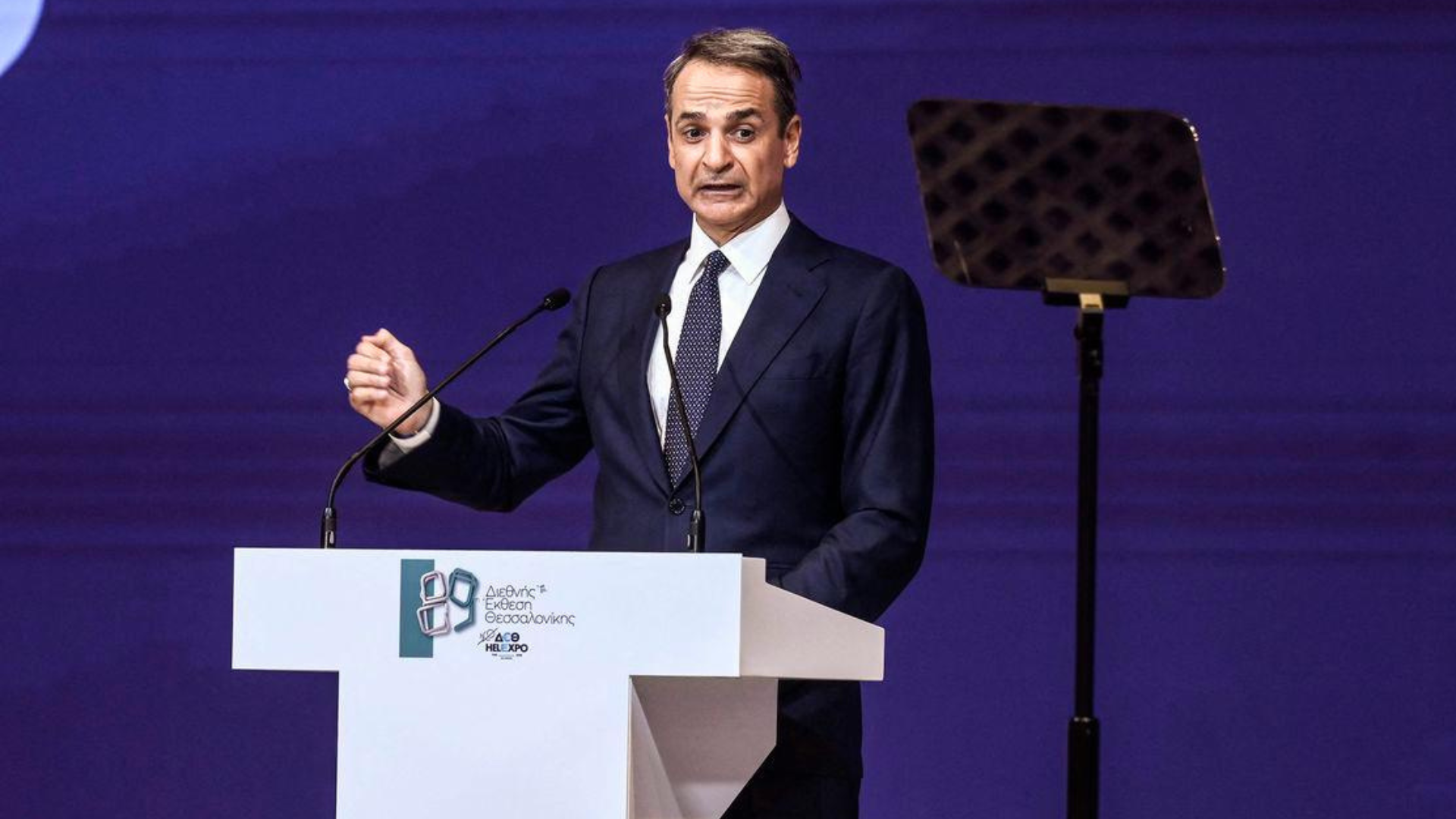Greece has announced a €1.6bn package of tax cuts and financial incentives to combat a deepening population decline that Prime Minister Kyriakos Mitsotakis described as a “national threat.”
“We know that the cost of living is one thing if you don’t have a child and another if you have two or three children,” Mitsotakis said on Sunday, September 7.
“As a state we should find a way to reward our citizens who make the choice [of having children].”
The measures, to take effect in 2026, include a 2% cut across all tax brackets, zero tax rates for low-income families with four children, and scrapping property taxes in rural areas to encourage young people to relocate. Mitsotakis called the reforms the boldest in over 50 years.
Greece’s fertility rate stands at 1.4 children per woman, far below the replacement level of 2.1, with Eurostat projecting the population could fall from 10.2 million to under 8 million by 2050, when 36% will be over 65.
Finance Minister Kyriakos Pierrakakis said fertility rates had halved since the country’s debt crisis, while more than 500,000 young Greeks left during the austerity years.
“Our top priority is the demographic issue,” he stressed.
The package builds on existing policies such as baby bonuses of up to €3,500 per child and monthly stipends, but rising living costs and low wages continue to hinder their impact. Over 700 schools were closed this year due to a lack of pupils.
The Lancet recently warned that demographic change poses a serious risk to Greece’s health system, economy, and social cohesion.
Mitsotakis also pledged to raise pensions, expand affordable housing, and convert disused military sites into residential developments.
Source: The Guardian.
